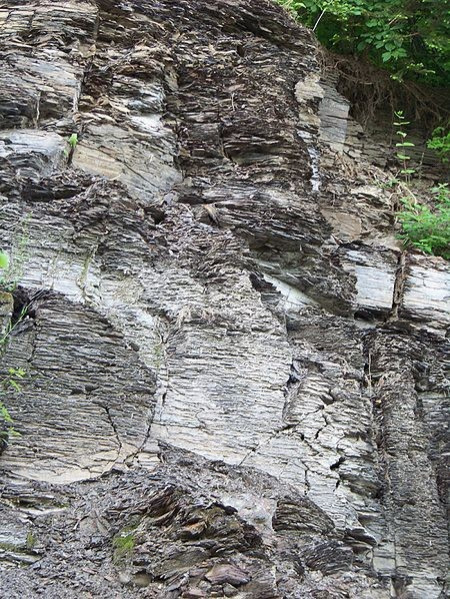New York Local Laws Will Be Considered Before Issuing Fracking Permits

Local regulations in New York state will continue to play a part in the issuance of permits for the controversial drilling practice known as high-volume hydraulic fracturing, or fracking.
New York State Department of Environmental Conservation Joe Martens said a township's stance on the natural gas drilling technique will be considered before the department starts issuing drilling permits in the state, the Ithaca Journal reported.
The state's DEC is reviewing proposed regulations and public comments on the matter, and it is likely to start issuing the first drilling permits by year's end.
Natural gas drilling remains a contentious issue as communities weigh the pros and cons of the practice.
Albany, the state capital, became on April 17 the 95th municipality in the state to impose a ban on hydraulic fracturing, according to New Yorkers Against Fracking, a regional group opposed to the drilling technique.
New York state, as of April 11, had 70 pending permits for natural gas drilling, the vast majority of them from Chesapeake Energy.
The state sits atop part of the Marcellus Shale formation, which is said to hold as much as 84 trillion cubic feet of natural gas, according to the U.S. Geological Survey.
The same formation in Pennsylvania has fueled a natural gas rush, and industry proponents have been knocking on New York's door, hoping to expand their drilling activities.
The industry's interest in fracking in New York state has prompted some townships to react and enact local zoning rules that prohibit the industrial drilling process for natural gas.
In February 2012, the town of Dryden, south of Syracuse, won a case against Anschutz Exploration, a Denver-based driller. The town allowed its zoning laws to prohibit the company from drilling.
That court ruling was the first of its kind. While NY state laws do regulate the oil and natural gas industry, the ruling in February confirmed that state laws do not replace municipal zoning ordinances.
Fracking is not new in New York State, but high-volume horizontal hydraulic fracturing is. The process involves the pumping of water and drilling chemicals and sand deep underground, and then over several thousand feet horizontally, at increasing pressures, to fracture rock formations and extract gas.
The drilling technique has led to fears of water contamination, but the U.S. Environmental Protection Agency has not been able to definitively prove that natural gas drilling pollutes groundwater.
Speaking to reporters Thursday, Martens, the NYS DEC commissioner, said it will be easier to issue a permit in a town that wants drilling.
I think logically where there is less resistance and less opposition and there is not a local land-use plan in place, I think those will be easier to permit than in other places, Martens said, the Journal reported. That's not to say that we're going to prohibit them in other places, but it's a consideration we have to carefully view.
© Copyright IBTimes 2025. All rights reserved.





















